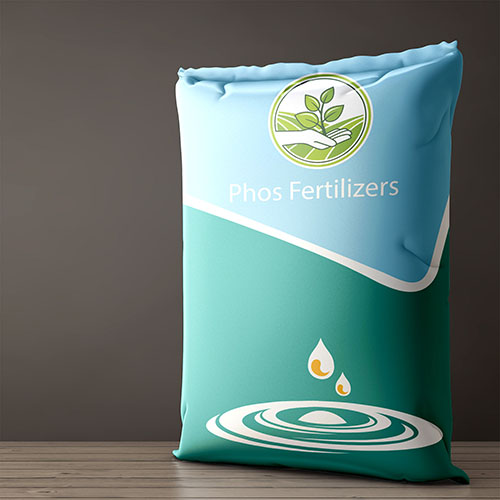Welcome to PhosFertilizers, we hope you will enjoy our products and have good experience
Phosphoric Acid Fertilizer
Phosphoric Acid Fertilizer

Granular nitrogen inputs are extremely important for bolstering soil nutrient levels and creating healthy turf. Both inorganic and organic granular nitrogen sources can play an important role in fertility programs. Organic-based Phosphoric Acid Fertilizer not only supply nitrogen, they also increase soil carbon levels which enhances soil microbial activity and subsequent nutrient cycling. Healthy nutrient cycling catalyzes mineralization, the process by which organic nitrogen is transferred into the plant-available, inorganic form. Additionally, organic granular nitrogen sources have substantially lower leaching potential and little or no burn potential.Because granular Phosphoric Acid Fertilizer do not immediately affect plants, it may take a long time for positive results to show. Plants may not receive nutrients fast enough to help them recover from deficiencies. Granular Phosphoric Acid Fertilizer also need moisture and warm temperatures to act. The pH of soil may also adversely influence their effectiveness.In addition to the commercially-prepared Phosphoric Acid Fertilizer , compost and well-decomposed manure add organic nutrients to the garden and lawn. As Washington State University points out, compost not only adds micronutrients and nutrients to the soil, it also improves the soil composition. Organic matter lightens clay soils and helps sandy soils hold water and nutrients long enough for the plants' roots to take up the necessary elements for good health. Before preparing and applying any Phosphoric Acid Fertilizer , put on safety goggles, gloves, a dust mask and other safety gear to protect your eyes, hands and lungs. In addition to the chemical components of Phosphoric Acid Fertilizer , compost and other organic matter may contain beneficial bacteria and fungi -- good for plants but not necessarily good for humans.
